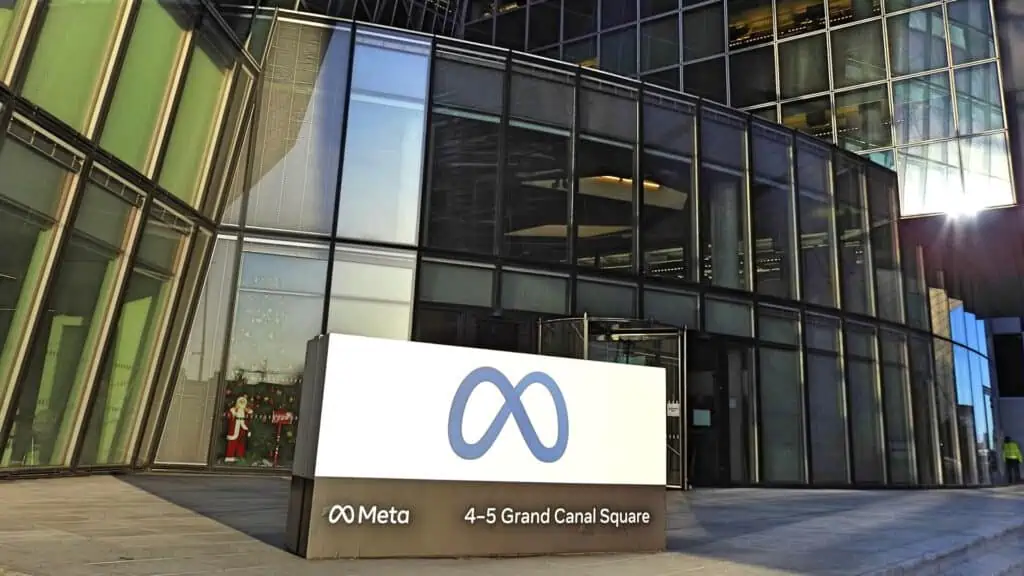The Facebook group Meta wanted to use public posts from users in Europe to train its AI models. After pressure from data protectionists, nothing will come of it for the time being.
Facebook group Meta postpones the launch of its new AI software in Europe following headwinds from data protectionists. This was triggered by the request of the Irish data protection authority responsible for Meta in the EU not to train the AI models with publicly available posts from Facebook and Instagram for the time being.
Meta argued in a blog post on Friday that it would not be able to offer users in Europe a first-class experience without training with local content. At the same time, the Group is convinced that its approach complies with European laws and regulations. Meta is not the only one training artificial intelligence – „and we are more transparent than many others in our industry“.
Previously, it had been criticized that Meta did not provide for explicit user consent, but only the option to object to the use of the data. Data protection activists from the organization noyb therefore filed complaints in eleven countries last week. They also denounced a „deceptive and complicated“ opt-out procedure.
Meta originally claimed that there was a „legitimate interest“ in training the AI models and that only publicly available content from adult users should be used for this purpose. On Friday, the Irish data protection authority welcomed Meta’s decision to postpone the plans in Europe.
With the AI software Meta AI, the Group is competing against other programs such as the well-known chatbot ChatGPT. Meta AI should be able to create texts and images and answer users‘ questions. The Facebook Group has repeatedly emphasized in recent months that artificial intelligence will significantly change the platforms. At the same time, Meta reaffirmed that it intends to continue bringing the AI functions to Europe.
dpa







